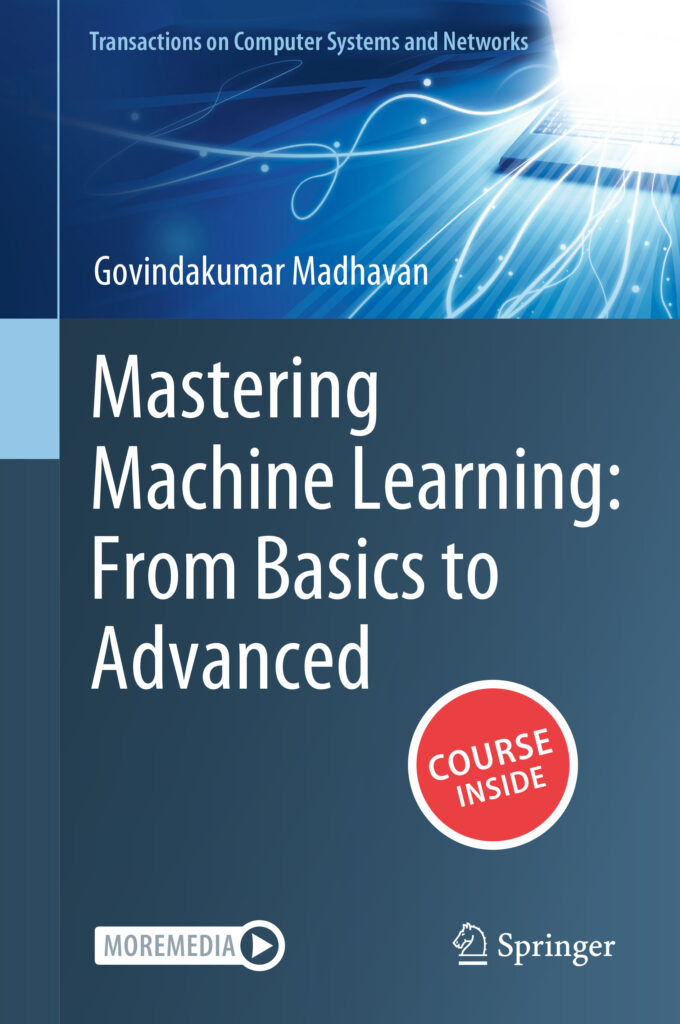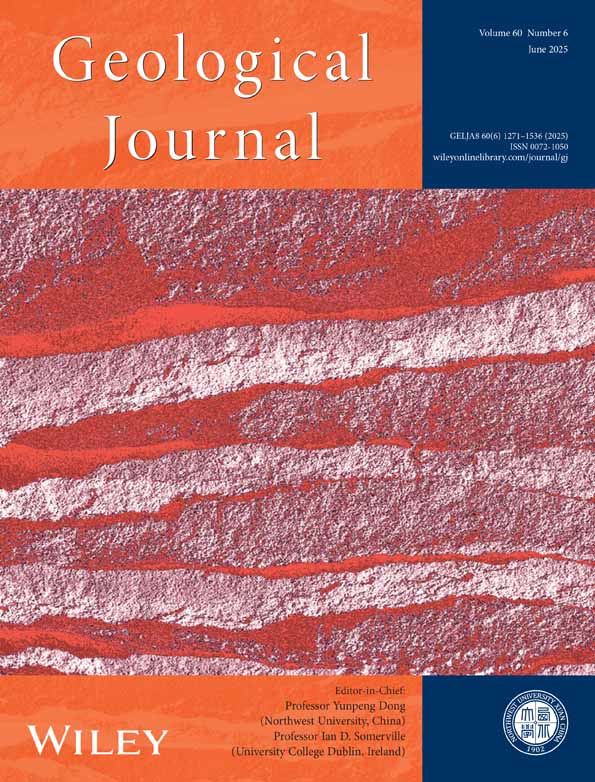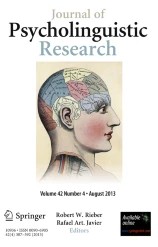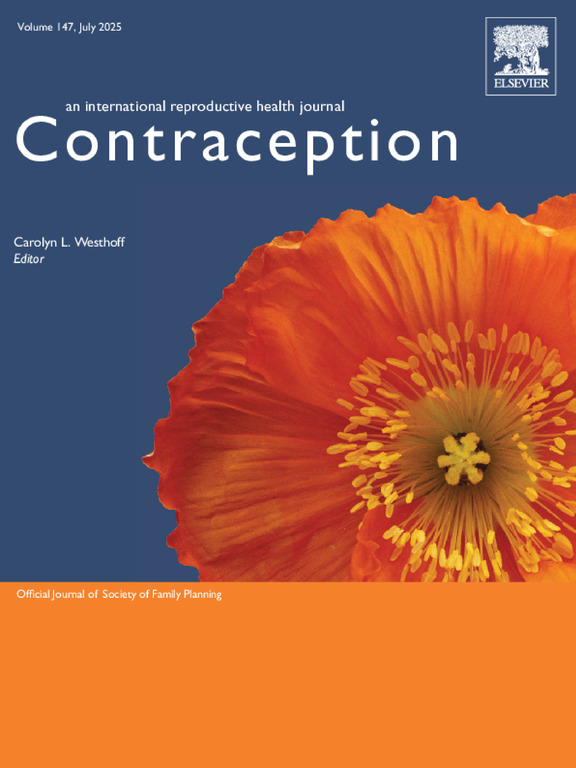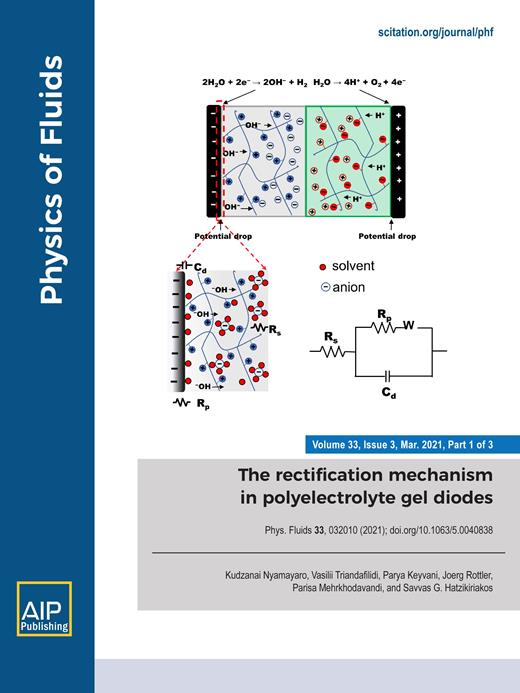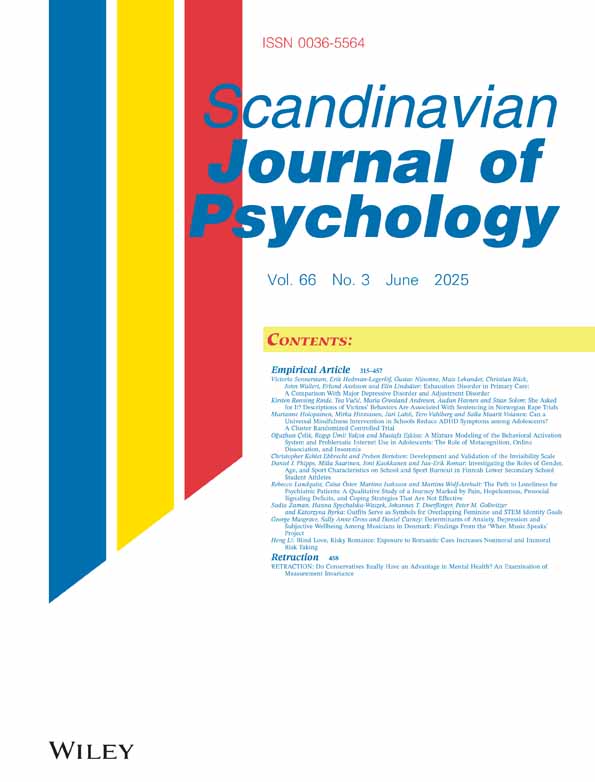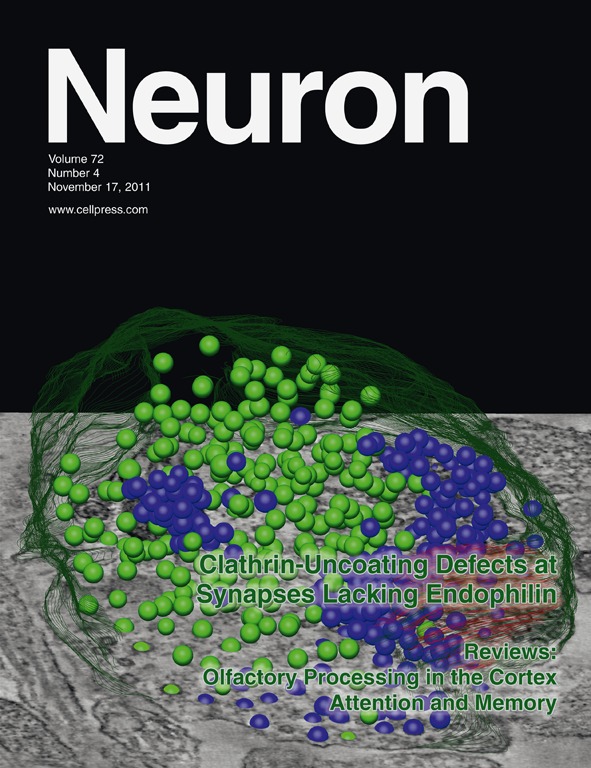The authors of an article linking scores on a “wokeness” scale and mental health issues are blaming political bias for the retraction of their paper in March following post-publication peer review.
The article, “Do Conservatives Really Have an Advantage in Mental Health? An Examination of Measurement Invariance,” appeared in the Scandinavian Journal of Psychology last August. It has been cited twice, according to Clarivate’s Web of Science, one being the retraction notice.
“Following publication of this article, concerns were raised by third parties about the conclusions drawn by the authors based on the data provided,” according to the March 26 notice. After investigating, the publisher and the journal “concluded that the article contains major errors involving methods, theory, and normatively biased language,” which “bring into doubt the conclusions drawn by the authors,” the notice stated. The authors disagreed with the decision.
In a blog post, one author, Emil Kirkegaard, called the journal’s action “my first politically motivated retraction.” Kirkegaard’s studies and writings are provocative, on topics including race and IQ.
Continue reading Paper on “wokeness” and mental health retracted for political reasons, authors say
